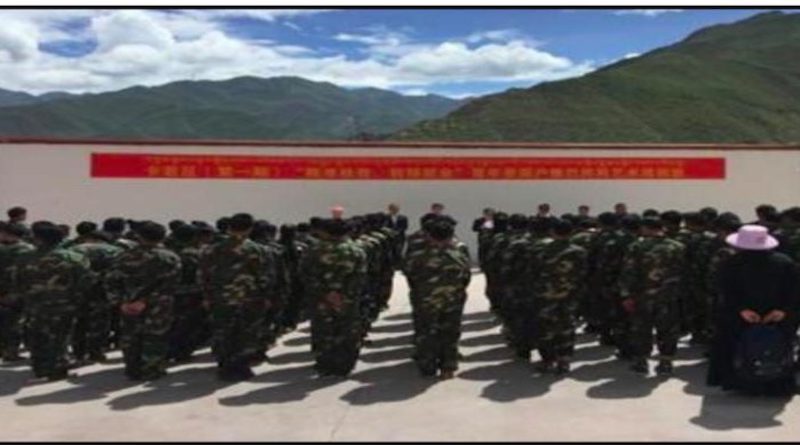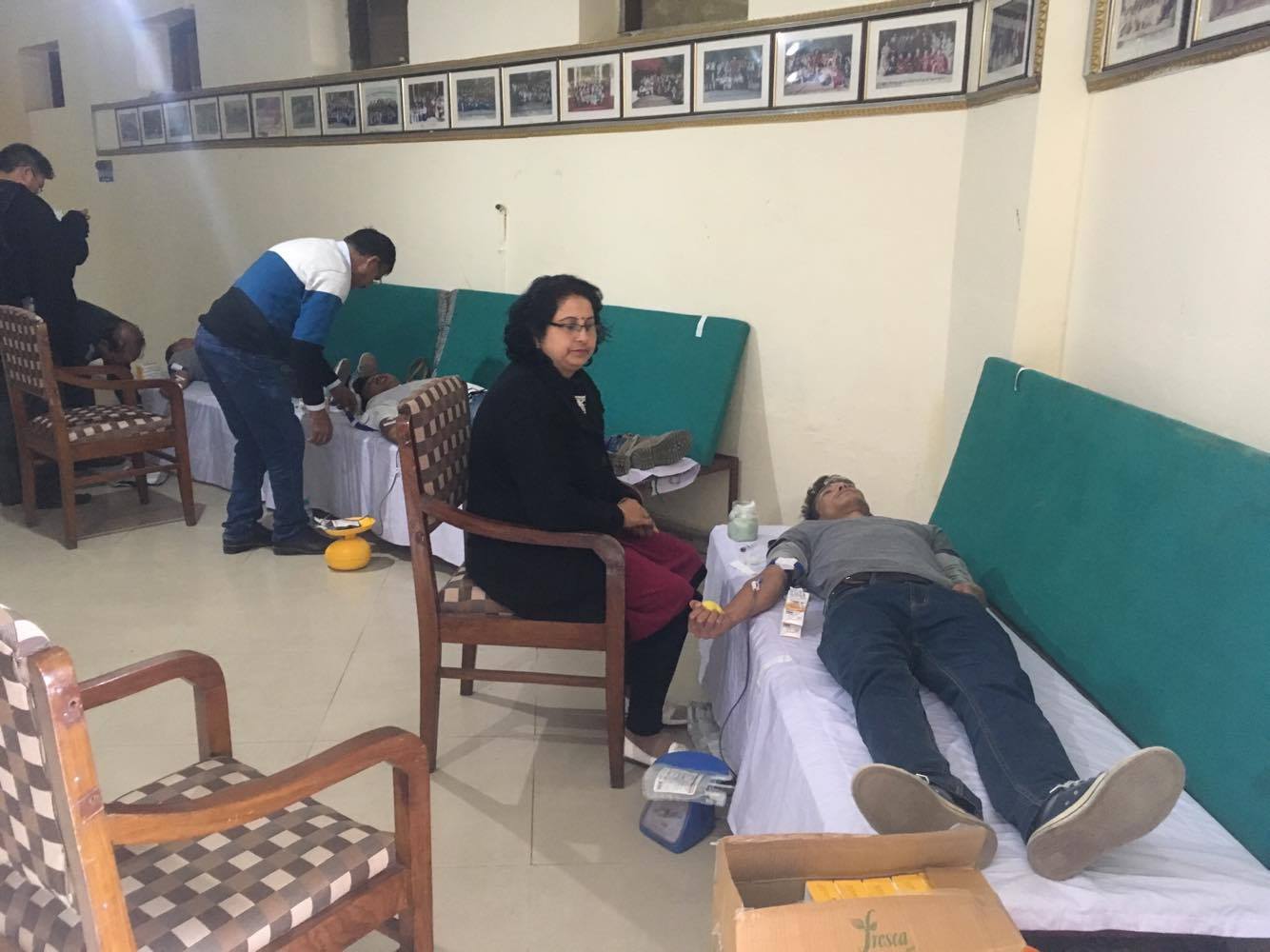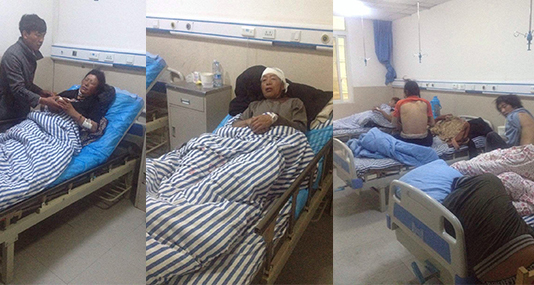Global MPs group seeks UN probe after China forces 5 lack Tibetans into labour camps in 7 months

DHARAMSALA, 23 Sept: A global group of political leaders have expressed their concern over an apparent widespread system of forced labour in Tibet perpetrated by the People’s Republic of China and urged their respective governments and UN to take immediate action to condemn these atrocities and to prevent further human rights abuses.
China has introduced an apparent widespread system of forced labour in Tibet since last year to promote the systematic, centralized, and large-scale training and transfer of “rural surplus labourers” to other parts of Tibet, the Inter-Parliamentary Alliance on China(IPAC) stated as it co-published a report by its ethnic minority adviser, German anthropologist Dr Adrian Zenz.
“In the first 7 months of 2020, the region had trained over half a million rural surplus labourers through this policy,” read the report from the Jamestown Foundation.
Concerned by the widespread system of forced labour in Tibet coupled with “accounts of enforced indoctrination, intrusive surveillance, military-style enforcement, and harsh punishments for those who fail to meet labour transfer quotas, the legislators have called on China to end the abuses.
“We stand united in unequivocal condemnation of these practices and call upon the Chinese government to halt these atrocities immediately,” read the joint statement signed by 63 legislators from across the world.
The lawmakers working to reform how democracies approach and toughen their China policy have further called on their governments to take immediate action to condemn these atrocities and to prevent further human rights abuses, by imposing targeted Magnitsky-style sanctions upon those responsible and by calling for reciprocal access to Tibet in order to conduct an independent international investigation into the situation of the Tibetan people.
The statement further urged the Secretary-General of the United Nations to install a Special Rapporteur to investigate forced labour and ethnic persecution in the People’s Republic of China.
Based on the report titled ‘Xinjiang’s Militarized Vocational Training System Comes to Tibet,’ China’s labour transfer policy decrees that pastoralists and farmers are to be subjected to centralized “military-style” vocational training, which aims to reform “backward thinking” and includes training in “work discipline”, law and the Chinese language.
As such, IPAC has stated that the “program appears disturbingly reminiscent of coercive vocational training and mass labour transfers imposed by the Chinese authorities in the Uyghur region” and that it reflects how the current Chinese leadership “remains undeterred in its refusal to respect basic human rights standards” in spite of the global outcry over Beijing’s in so-called “reeducation centres” in the Uyghur Region as it calls for concerted actions from governments across the world.
“Just as the international community was rightly outraged by the details presented in the Xinjiang papers, and the treatment of the Uighur people, they will be just as troubled by this report on forced labour camps in the Tibet Autonomous Region,” Australian Liberal MP Andrew Hastie and Labor Senator Kimberley Kitching, co-chairs of the IPAC have said in a joint statement.





